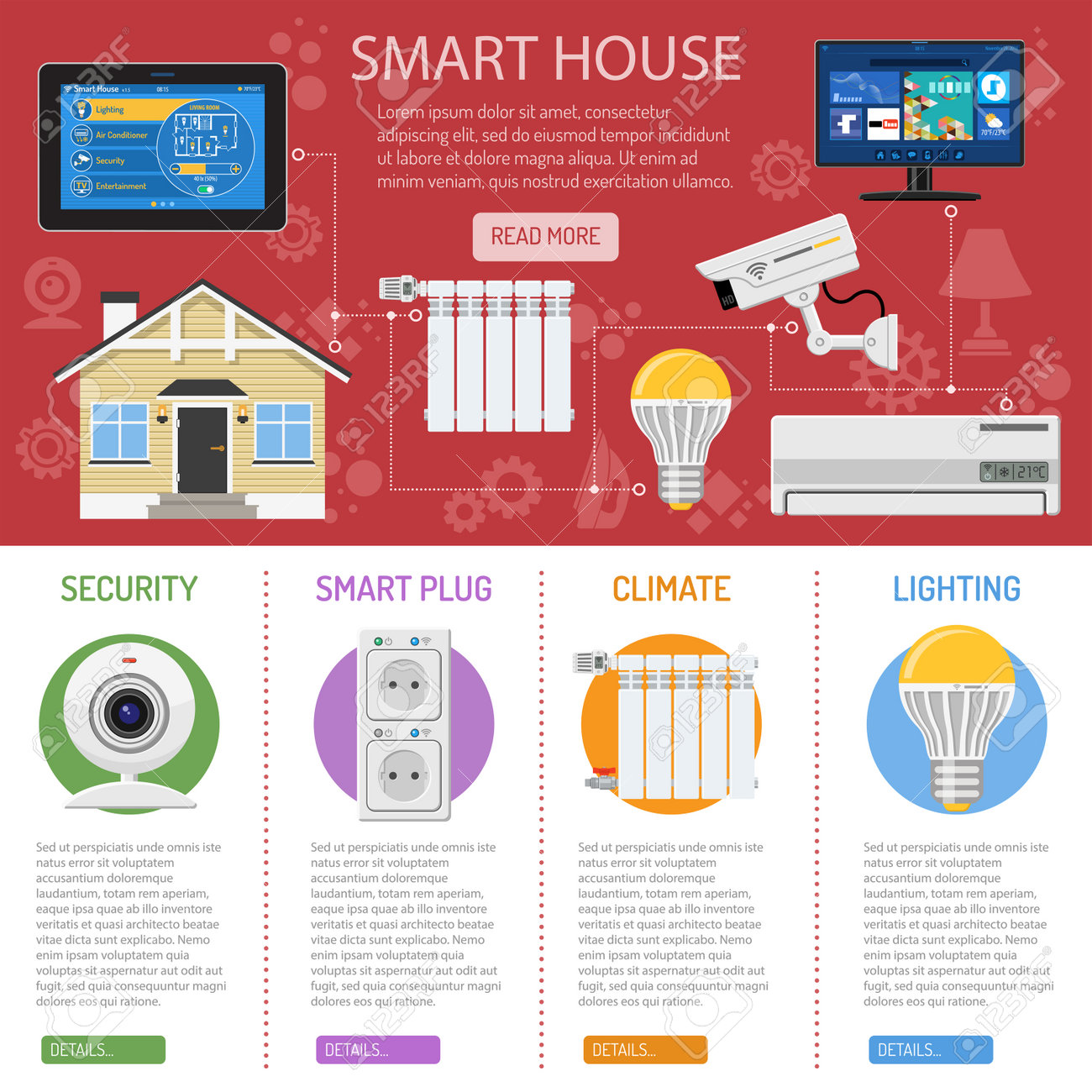Heat Pump Vs Heater - Which Is The Better Home Heating Choice For Your Home?
Heat Pump Vs Heater - Which Is The Better Home Heating Choice For Your Home?
Blog Article
Material Develop By-Hjelm Neumann
Many house owners know with heating systems, which warm homes with oil or gas and press hot air through ductwork. They are reasonably low-cost and can supply trusted home heating also throughout a wintertime power blackout.
Nonetheless, heat pumps christchurch nz use fossil fuels and create carbon monoxide gas and various other air contamination. They likewise aren't as energy-efficient as a high-efficiency heat pump.
Expense
Normally, heat pumps are much more budget-friendly to operate than heating systems. They commonly use electrical energy and refrigerant to essence heat from outside air, and then move it right into your home. You can make the most of less expensive electrical energy prices throughout off-peak hours to additionally reduce your home heating costs.
Unlike heat pumps, gas or wood-burning heaters utilize combustion to generate warmth, releasing flue gases into the environment that can be damaging to your health and wellness. These heating systems are also much less energy-efficient than heatpump, and their greater operating costs can build up in time.
Heating systems are a lot more complicated than heat pumps and need regular maintenance to make certain the appropriate feature of all components. Regardless of this, they often tend to last longer than heat pumps with a common life expectancy of 20 years or even more. Nonetheless, you'll require to consider the cost of gas, fuel oil or timber and the extra tools required for setup and operation such as ducts and air flow systems.
Energy Effectiveness
Heatpump have a greater power efficiency score than furnaces. These systems make use of power to scavenge warmth from the air, even in freezing temperature levels. They can also eliminate excess warm from the home throughout warmer months and recycle it to cool the system. Service provider experts can assist you establish the best design for your online on climate and source power prices.
Heaters melt gas oil, gas, gas or other types of fossil fuel to heat up the air in the home. This air is after that distributed with ductwork making use of a big fan. Heaters create greenhouse gases and require regular upkeep and devices upgrades to make certain safe operation.
The largest advantage of a heater is that it can be operated even in severe winter problems because it does not depend on exterior temperature levels to heat the air. visit this site have a longer lifespan than heatpump and usually last 15 years. They can also be coupled with double fuel choices, which select one of the most effective heating choice based upon the climate.
Climate
Heat pumps work well in moderate climates and make use of much less source energy than heating systems. Nonetheless, if your area is exceptionally chilly, you may need to purchase a standard gas heating system instead.
Heaters give warm, comfy heat and usually offer rapid heating to increase interior temperature levels. These systems can be utilized with a range of gas kinds, consisting of natural gas, propane, oil or electricity.
They take in a lot more energy than heatpump-- approximately 3x as much-- and call for ductwork that's costly to mount or retrofit. They're additionally a lot more expensive to preserve, as they can trigger air quality problems and create greenhouse gas discharges.
If you're dedicated to reducing your carbon footprint, a heatpump is a good option for your home. They have fewer greenhouse gas emissions than furnaces, particularly if you choose an ENERGY CELEBRITY ® heatpump. Your local Provider professional can describe the differences between these two heating unit and aid you make the most effective decision for your special demands.
Individual Preferences
Heating systems can be very energy reliable when powered by natural gas, propane or oil, yet they aren't as energy reliable as heatpump in freezing environments. They can likewise be much more costly to set up, requiring gas lines and ventilation systems.
Nonetheless, heaters often tend to call for much less upkeep, which can cause reduced continuous costs. They create less greenhouse gases and are extra dependable than heat pumps during extreme weather condition.
Electric heatpump are extra versatile in producing interior comfort due to the fact that they can likewise work as air conditioners during warmer months. They can be easier to maintain, requiring just regular air filter adjustments and occasional vacuuming.
If you favor the comfort of a single system that does it all, take into consideration a crossbreed heating option that sets a heating system with an electric heatpump. These systems can automatically switch over in between the two home heating alternatives based on your home's requirements and temperature level conditions, maximizing performance and savings.